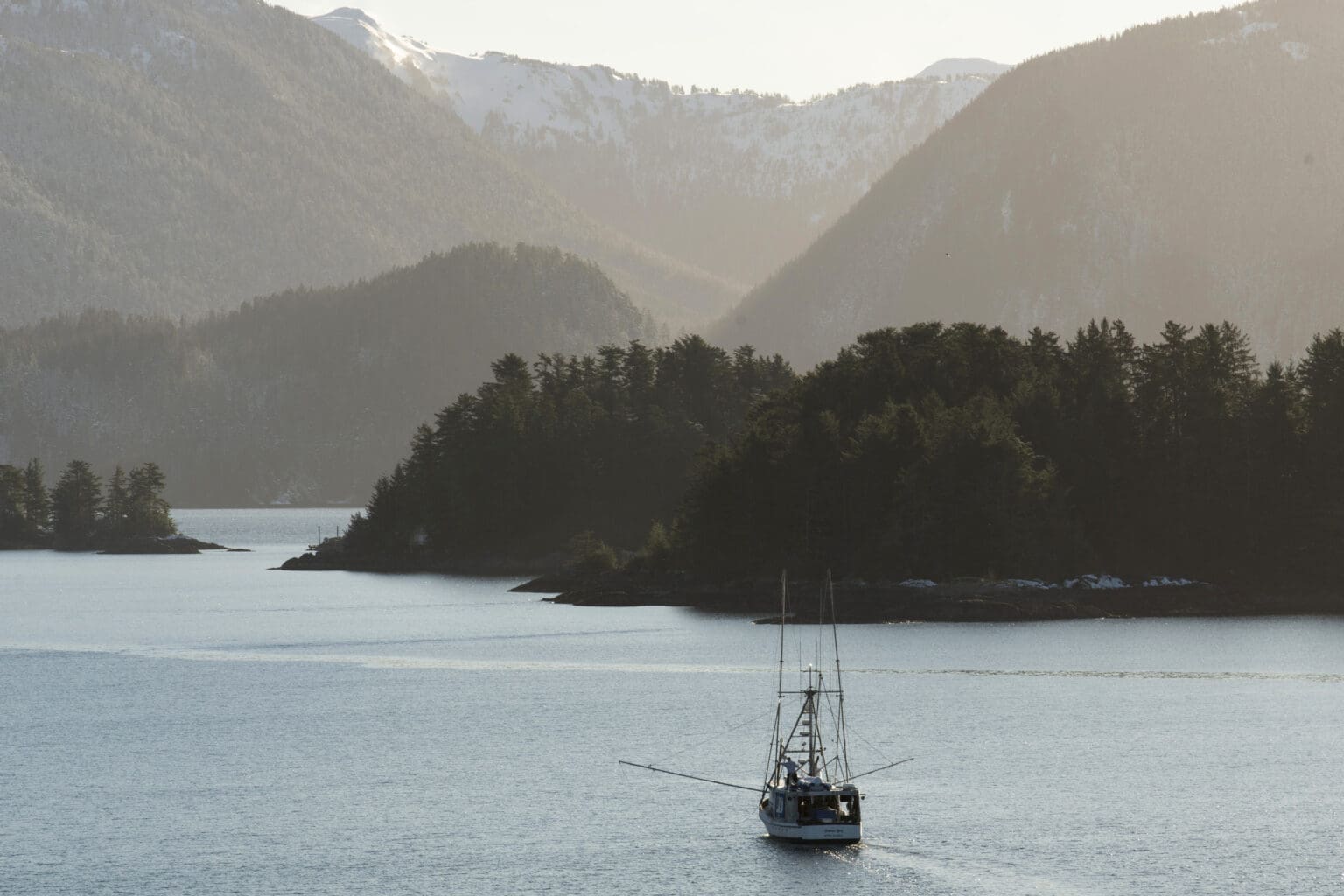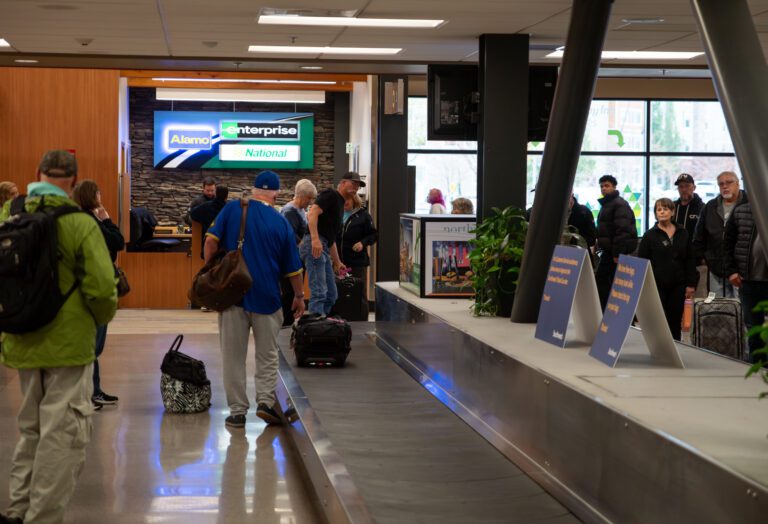Chinook fishermen are celebrating the start of the 2023 summer troll season in Southeast Alaska after months of lawsuits and uncertainty blocked the fishery.
Legal challenges against the fishery, initially filed by the Wild Fish Conservancy (WFC) in 2020 over health concerns for the endangered southern resident orcas, effectively shut down the season this year before a federal appeals panel issued a last-second “stay.”
That July 1 stay allowed fishermen to continue business as usual while the U.S. 9th Circuit Court of Appeals — a federal court with jurisdiction over Alaska, Washington and seven other Western states — considers the ongoing lawsuit more broadly.
Since the fishery opened two weeks ago, fishermen, some based in Bellingham, have been out in droves, keeping the $85 million industry afloat for another season.
But the celebration, some say, may be premature. Fishermen across the region are keeping a close eye on the final decision in the lawsuit, anticipated later this year, and they expect more legal challenges next year.
“I’m worried this is going to happen again and again and again and again,” Whatcom resident and fisherman Michael Jackson said from the deck of his fishing vessel in Alaskan waters. “To have this [fishery] turned into a political argument, and shut down people’s livelihoods, it makes me sick. It makes me absolutely sick.”
Jackson, who has spent 42 years as a commercial fisherman, said the fishery is part of the lifeblood of the community and those on the water are careful of the fragile environment.
“There are no bigger ecologists than fishermen,” he said. “We make our living from what we harvest.”
Leadership at the Alaska Trollers Association (ATA), one of the defendants named in the WFC lawsuit, agreed with Jackson and said trollers have already made cuts to their catch quotas in the name of conservation.
“Trollers have made conservation cuts throughout the years, attempting to keep the stock strong: there’s a long history of conservation from the trollers,” ATA Executive Director Amy Daugherty said Wednesday, July 12. “We just know we want to make a living and maintain our way of life.”
Daugherty worries the three years of lawsuits could spell the end of fisheries in Alaska.
“All fisheries are vulnerable at this point, with some of the things we see potentially coming down the pike,” she said. “This is just the beginning.”
The troll fishery dates to 1911, long before the 1985 Pacific Salmon Treaty was enacted to prevent overfishing and before the southern residents were declared endangered in 2005. In recent years, Indigenous communities across the Northwest, as well as environmental nonprofit groups, have challenged the fishery, calling it a threat to both wild salmon and the southern residents.
“Stopping the precipitous decline of the whales toward extinction is the highest priority toward recovery efforts,” WFC Executive Director Emma Helverson wrote in a May 3 news release. “[Recent modelings] clearly demonstrate that Chinook harvest in Southeast Alaska’s troll fishery is contributing to the decline of the whales.”
That modeling, provided by Dr. Robert Lacy to the U.S. Western District Court as part of the WFC lawsuit, projected closing the fishery would increase the number of available chinook by 6%, Helverson wrote. Helverson and the WFC staff did not respond to requests for comment prior to publication.
Even so, marine mammal experts aren’t sure closing the fishery will solve the woes of the struggling southern residents.
Just 73 southern resident adults remain, with populations fluctuating due to environmental challenges and lowered prey availability.
“With climate change and everything else, any one thing is not going to ‘fix’ it,” said Cindy Elliser, associate director of the Salish Sea Institute at Western Washington University. “Even if we just stopped fishing right now, it may not be enough to fix it.”
“Do I think we should take less salmon? Yes, I do,” she added. “But is that going to fix the whole problem? Probably not, because of the multitude of factors that go into it.”
Jackson said he believes the southern residents are facing challenges, but not from the troll fishermen. Those challenges, he said, look like competition from other, thriving orca pods in the Pacific, warming ocean conditions and smaller prey.
Across Southeast Alaska, the fishery has different closure dates, with the earliest being July 15 and the latest in mid-September. Jackson said he hopes to see the same fishery next year but anticipates challenges.
“Every dollar here goes back into the community,” he said. “It’s Alaska. It’s quintessential Alaska, and they’re trying to take that away.”




